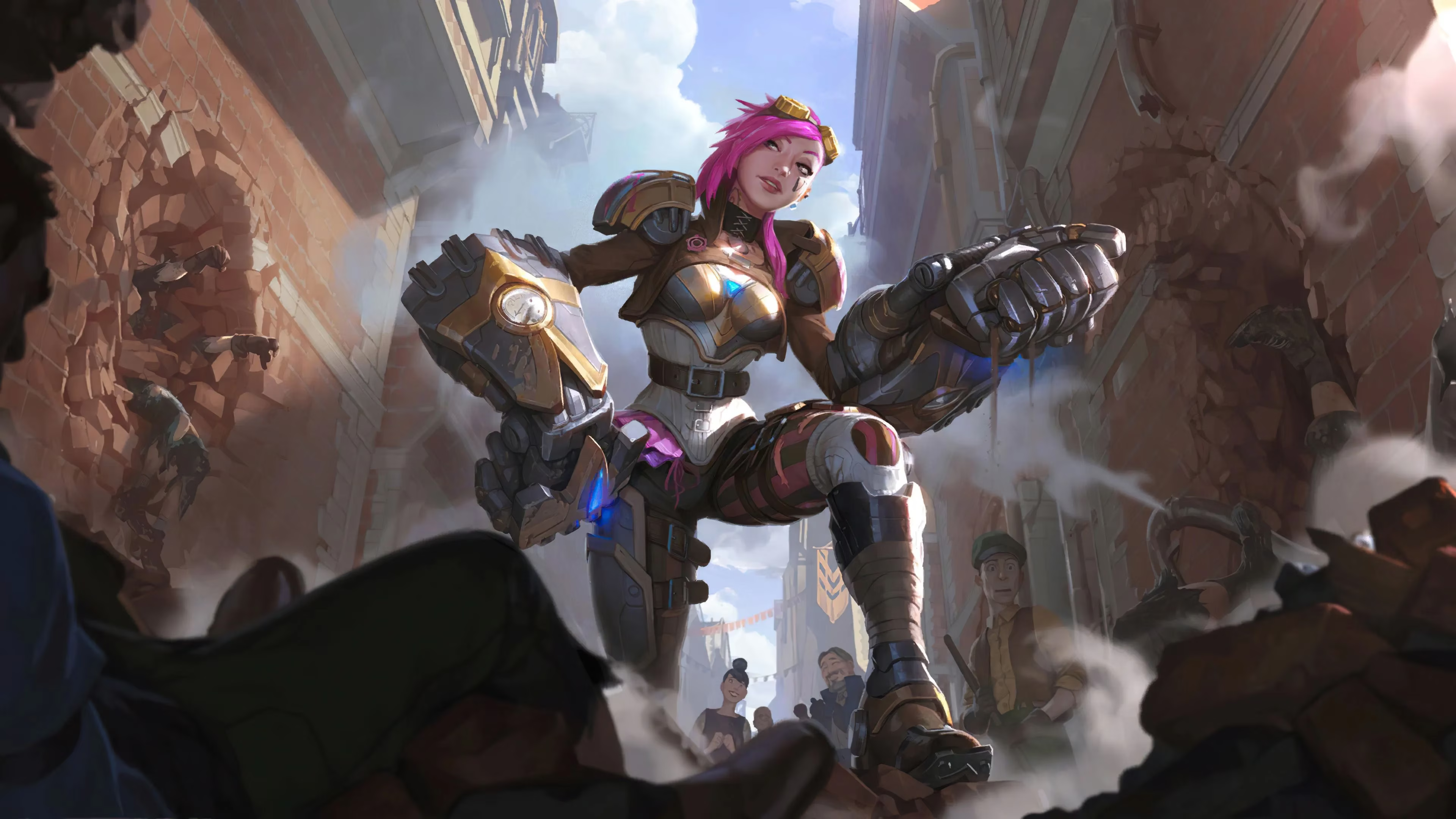Riot's Boosting Ban and My Gaming Reflections
Riot's crackdown on boosting in League of Legends enhances game fairness and integrity, impacting players and boosting economy in 2025.
As a dedicated League of Legends player since 2018, I stumbled upon this wild news from Riot Games in late 2024, and it's still buzzing in the gaming community as we roll through 2025. Drew Levin, Riot's Product and Strategy leader, dropped a bombshell on Twitter: they're cracking down hard on account boosting, selling, and sharing, with permanent bans for anyone caught. 😱 Honestly, my first reaction was a mix of relief and curiosity—relief because I've been on the receiving end of unfair matches ruined by boosted players, but curiosity about how this affects real people who depend on it for income. One gamer openly admitted that boosting was their main cash flow, and Levin's savage reply? A retweet with a link to McDonald's careers page. Talk about a brutal reality check! It felt like watching a spicy drama unfold, and it made me ponder the thin line between gaming passion and livelihood. 🌟

Now, diving deeper into the chaos, Levin emphasized that boosting isn't just a minor annoyance—it's a full-blown business built on ruining other players' experiences. From my own grind in ranked matches, I've seen how it distorts fairness. 😤 Imagine this: you're in a high-stakes game, sweating to climb the ladder, and suddenly, your teammate is clueless because they paid for a boost. It's infuriating! Levin's goal is to restore integrity, and in 2025, Riot has ramped up enforcement with AI detection tools that flag suspicious accounts. But here's where it gets personal for me: I've chatted with fellow gamers who rely on boosting for side gigs, especially in tough economic times. One friend shared how it helped pay bills during job losses, making me empathize even as I cheer for fair play. 🎮
To unpack this, let's break down the key elements:
-
What boosting involves: Players hire experts to rank up their accounts artificially, often for status or rewards.
-
Riot's stance: Zero tolerance—Levin calls it "commercial exploitation" that harms community trust.
-
The human impact: For boosters, it's income loss; for victims like me, it's frustration and wasted time.
Here’s a quick table comparing perspectives, based on my chats and gaming forums:
| Aspect | Player View | Booster View |
|---|---|---|
| Fairness | 🤬 Unfair advantage | 💰 Just a job opportunity |
| Consequences | 😊 Better match quality | 😓 Financial instability |
| Community | 👍 Promotes integrity | 👎 Seen as necessary evil |
Reflecting on Levin's McDonald's quip, it highlights a bigger issue: the gig economy in gaming. As we move through 2025, I wonder how many boosters have transitioned to legit paths like streaming or esports coaching. Personally, I've dabbled in content creation, and it's rewarding but tough—no quick cash like boosting. 🤔 The irony? Games are evolving into virtual economies, yet ethical monetization feels elusive. For instance, in LoL's latest updates, Riot introduced more in-game rewards to deter boosting, but is it enough? I've seen players pivot to fan art sales or tournaments, yet the temptation for shortcuts remains strong in high-pressure environments.
All this leads to my open-ended musings: In an era where gaming blurs with real-world survival, how can we balance competitive purity with opportunities for players to thrive? 🤷♂️ Should platforms like Riot create sanctioned ways for skilled gamers to earn, or will bans just push the underground economy deeper? As I log off tonight, I'm left questioning what fairness truly means in our digital playgrounds. What do you think—could this spark a revolution in how we value gaming skills ethically? ✨
